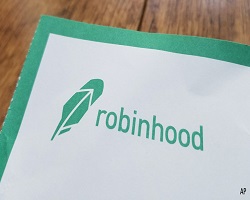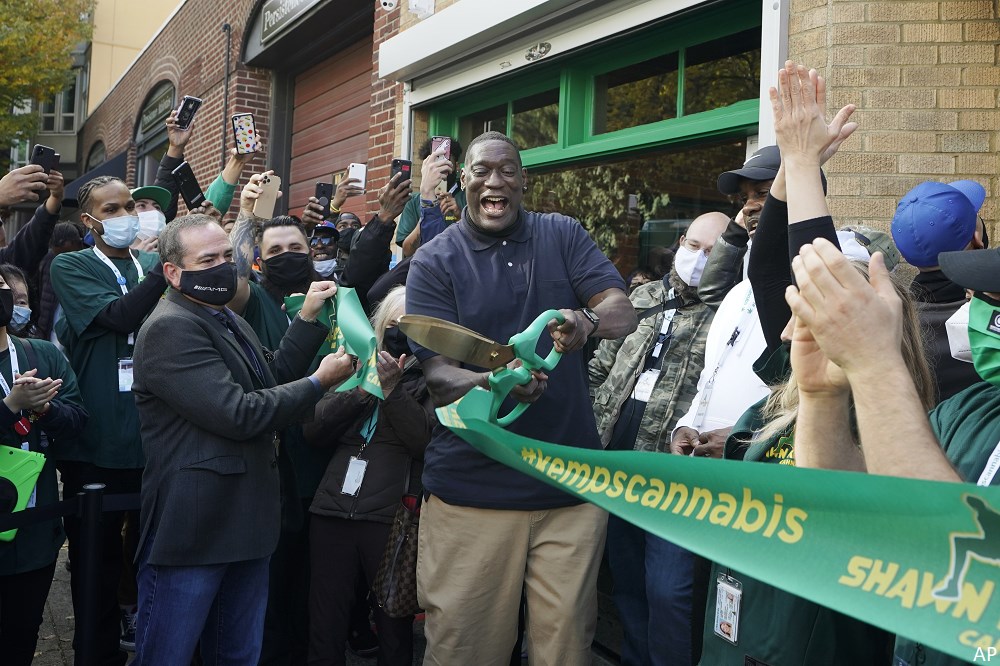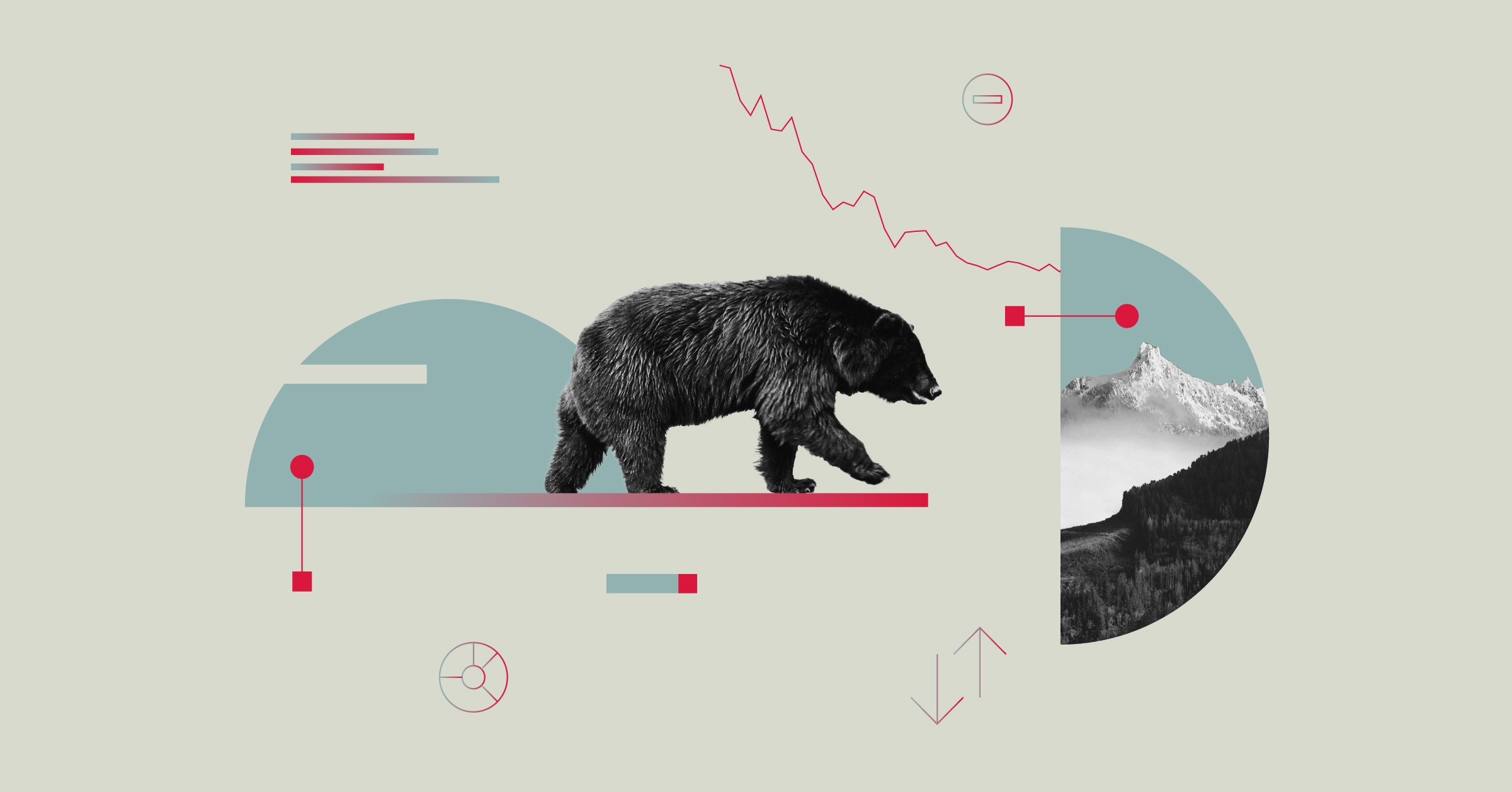
We see four key takeaways from Airbnb’s IPO filing. One, Airbnb hosts a network advantage, as we have long believed. Two, Airbnb has seen a stronger recovery in travel demand versus the industry, aided by domestic road trips, as has been our expectation since the early days of the pandemic. Three, Airbnb’s liquidity profile appears to be strong enough that solvency is a very low risk. Four, Airbnb is generating losses, as it wisely builds out its network to compete with narrow-moat peers (BKNG) and (EXPE).
Airbnb’s filing offers support that it possesses a powerful network. This is witnessed by the 5.6 million active alternative accommodation and experience listings (which we believe is near Booking Holdings' tally). This robust supply offering, in turn, generates strong user traffic, with 54 million active bookers in 2019, up 30% from 2018’s level. As a result, Airbnb’s network booked an industry-leading 327 million alternative accommodation room nights and experiences in 2019 (we calculate around 20% of Booking’s 844 million room nights were from alternative listings in 2019, while more nascent experiences metrics were not provided).
Airbnb’s lodging presence has benefited from the travel recovery being led by road over air trips. This is shown in its third-quarter mid-teens gross bookings domestic growth versus the low-60% drop for international. Also, the firm’s liquidity profile appears stout. As of Sept. 30, Airbnb held $4.5 billion in cash after a year-to-date free cash flow loss of $520 million. We believe its cash provides enough liquidity at anemic demand levels for a few years. Finally, Airbnb generated net losses during 2017-19 (versus positive 32% 2019 net margin at Booking), as it invested in its network, which we believe is the correct strategy. This investment was highlighted by product development expense, which was 20% of 2019 sales, while Airbnb spent a healthy 34% of sales on marketing last year, near the 33% expensed at Booking.




















